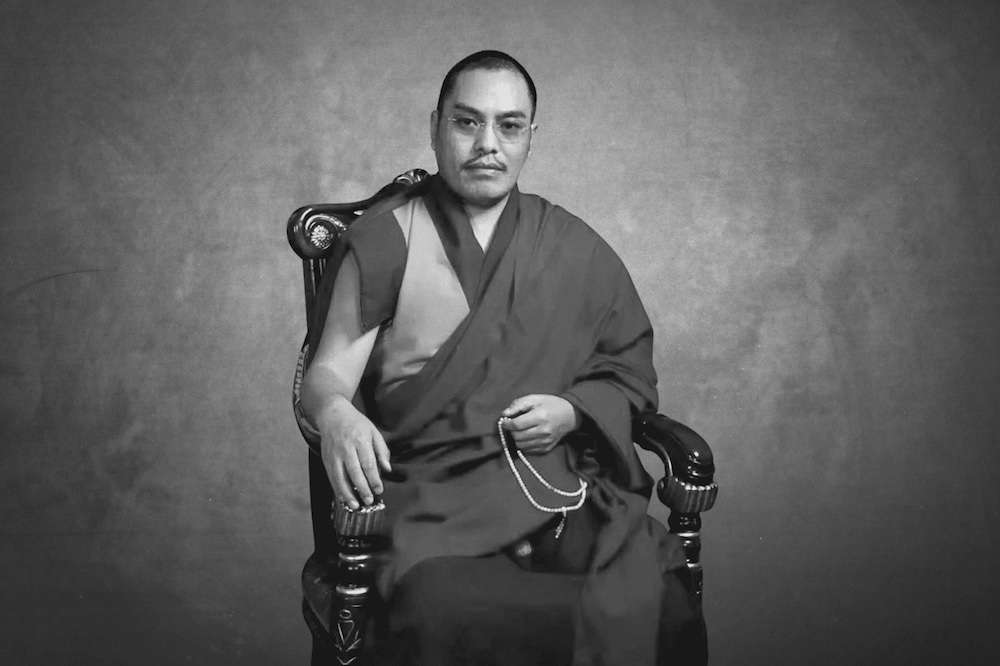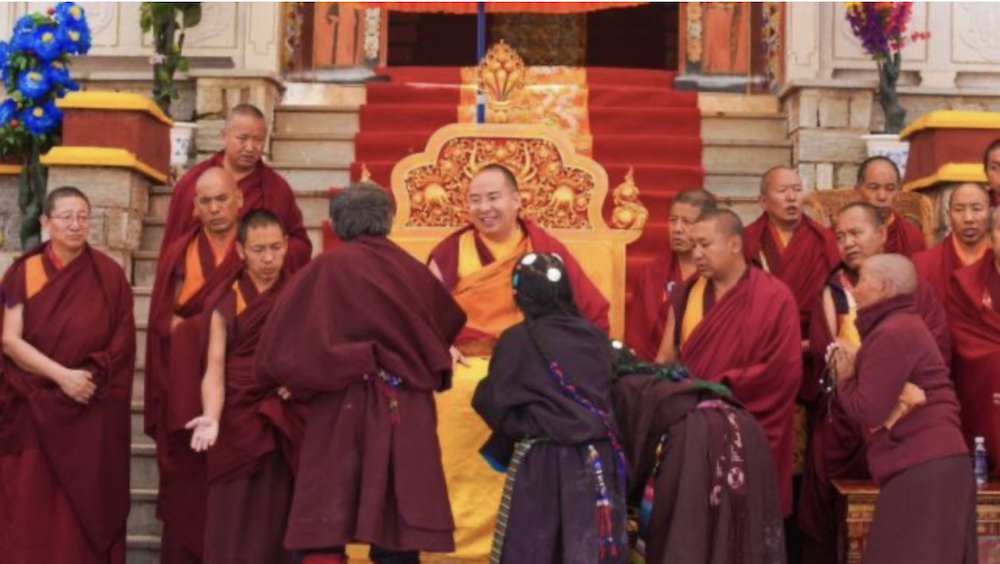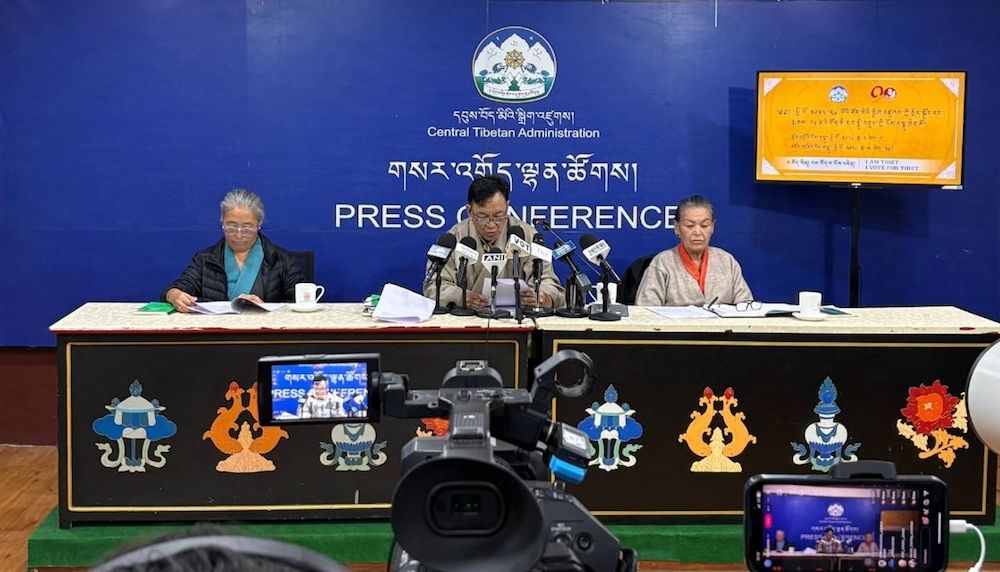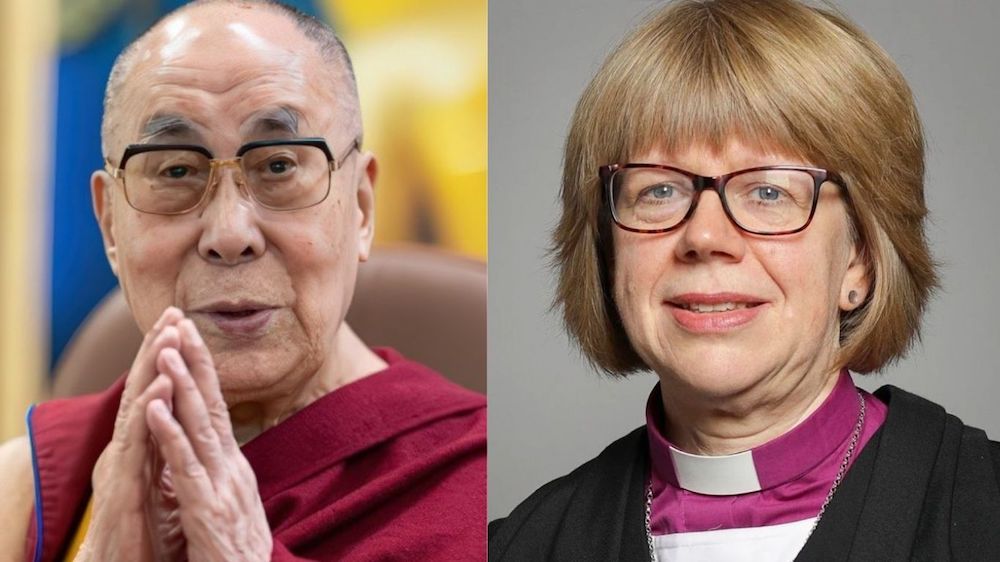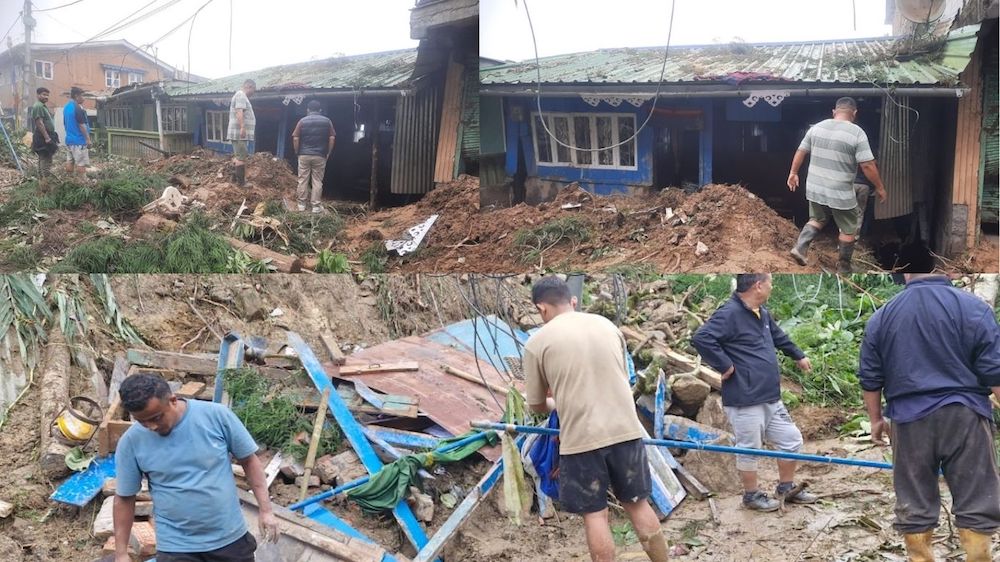Tenzin Nyidon
DHARAMSHALA, July 14: The President of the Central Tibetan Administration (CTA), Penpa Tsering, began his second official visit to Australia with a series of significant engagements and public addresses in Sydney and Nowra, spanning from July 9 to 18. His visit coincides with Australian Prime Minister Anthony Albanese’s scheduled trip to China from July 12 to 18.
On July 11, during a live interview on ABC News in Sydney, President Tsering called on Prime Minister Albanese to request direct access to Tibet during his China visit. Citing China’s frequent portrayal of Tibet as a “socialist paradise,” he argued that such claims warrant independent verification through on-the-ground observation. He stressed that transparency and access are essential to accurately assess the real situation in Tibet.
Following the interview, the CTA President addressed members of the Tibetan community in New South Wales. He attributed the global recognition of the Tibetan cause to the unwavering leadership of His Holiness the 14th Dalai Lama and urged the community to uphold His Holiness’s legacy through unity and respectful public conduct. Acknowledging the role of the Australian Government’s Special Humanitarian Program in resettling Tibetan refugees, he encouraged gratitude and continued commitment to the values embodied by His Holiness, according to the CTA’s official portal, tibet.net.
President Tsering also acknowledged India’s indispensable support, stating that the very existence of the Tibetan government in exile is made possible by India’s generosity. While recognising that national interest drives foreign policy, he praised India’s consistent and meaningful backing of the Tibetan people.
On July 12, the democratically elected leader travelled to Nowra, New South Wales, where he addressed the South Coast Tibetan community. He visited the Tibetan Learning Centre in Sydney earlier that day and commended the efforts of parents and educators in preserving the Tibetan language and cultural identity through grassroots initiatives.
In a separate meeting with the Voluntary Tibetan Advocacy Group of Australia, he highlighted the environmental and geopolitical importance of the Tibetan Plateau. He warned that China’s uncontrolled exploitation of Tibet’s critical water resources, which sustain much of Asia, could lead to future global tensions, calling for greater international scrutiny of Tibet’s ecological vulnerability.
In his public address in Nowra, President Tsering condemned the Chinese government’s systematic attempts to erode Tibetan identity, language, and religion. He encouraged Tibetan youth to deepen their understanding of Tibet’s historical independence and recommended academic works by Professor Michael van Walt van Praag and Professor Hon-Shiang Lau.
The head of the exile polity outlined CTA’s initiatives under the 16th Cabinet, including housing support for over 1,800 Tibetan families in exile, and reaffirmed commitment to the Middle Way Approach as a peaceful resolution to the Sino-Tibet conflict. He urged Tibetans to remain united and to carry forward the legacy of the elder generation in advancing the Tibetan freedom struggle with renewed dedication.






